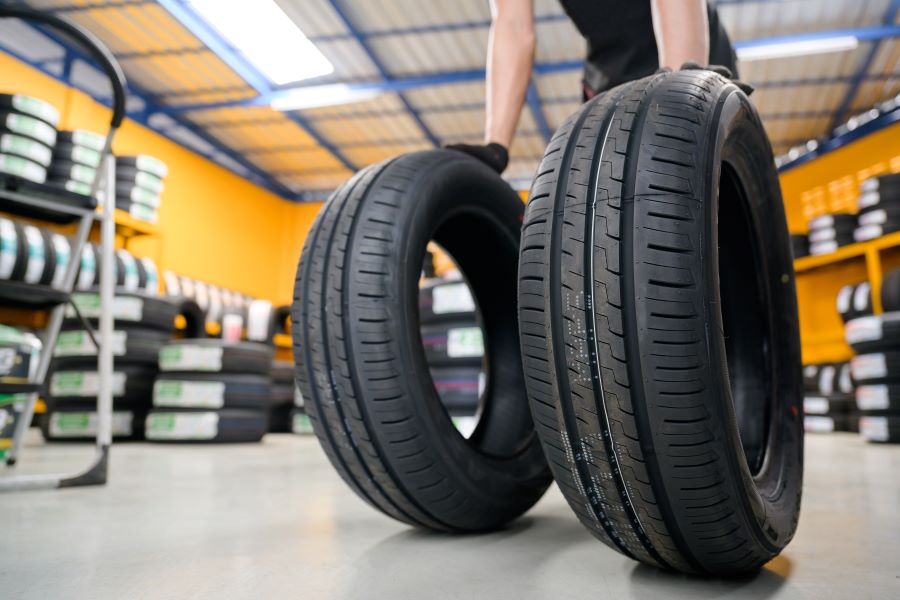Pricing Transparency in Automotive Restoration Services
Understanding the cost structure of automotive restoration services can be challenging, especially when it comes to rebuilt transmissions. Many vehicle owners face uncertainty about what drives pricing differences and how to evaluate fair market rates. This article explores the key factors that determine rebuilt transmission costs, the advantages of choosing rebuilt over new components, and practical strategies for identifying transparent, competitive pricing in the automotive restoration industry.

Rebuilt transmissions offer a cost-effective alternative to purchasing brand-new units while maintaining reliability and performance standards. The automotive restoration industry has evolved to provide customers with various options, but understanding pricing structures remains essential for making informed decisions. Transparency in pricing helps consumers navigate what can otherwise be a confusing marketplace filled with varying quotes and service levels.
Benefits Of Choosing A Rebuilt Transmission Over A New One
Rebuilt transmissions provide significant financial savings compared to new units, often costing 30-50% less while delivering comparable performance. These components undergo thorough inspection, with worn parts replaced and critical systems restored to manufacturer specifications. Environmental benefits also factor into the equation, as rebuilding extends the lifecycle of existing materials and reduces manufacturing waste. Additionally, rebuilt transmissions typically come with warranties that protect buyers against defects, offering peace of mind similar to new purchases. For vehicles no longer under manufacturer warranty or older models where new transmissions may be difficult to source, rebuilt options present practical solutions that maintain vehicle functionality without excessive expense.
Factors That Influence Rebuilt Transmission Prices
Several variables affect the final cost of rebuilt transmissions. Vehicle make and model significantly impact pricing, as luxury or imported vehicles often require specialized parts and expertise. Transmission type matters as well—automatic transmissions generally cost more to rebuild than manual versions due to their complexity. Labor rates vary by geographic location and shop reputation, with experienced specialists commanding higher fees. The extent of damage to the original transmission influences costs, as units requiring extensive part replacement naturally increase expenses. Core charges, refundable deposits paid when purchasing a rebuilt unit until the old transmission is returned, also affect upfront costs. Supply chain factors, including parts availability and shipping considerations, contribute to regional price variations.
Rebuilt Transmissions Prices And How They Are Determined
Pricing for rebuilt transmissions follows a structured assessment process. Shops evaluate the core transmission condition, identifying which components need replacement versus refurbishment. Parts costs form the foundation, including clutch plates, seals, gaskets, bearings, and solenoids. Labor expenses account for disassembly, cleaning, inspection, reassembly, and testing—processes that require specialized knowledge and equipment. Overhead costs such as facility maintenance, diagnostic tools, and warranty reserves factor into final pricing. Quality standards also influence costs, with shops adhering to stricter rebuild protocols typically charging premium rates that reflect superior workmanship and longer-lasting results.
| Service Provider Type | Services Offered | Cost Estimation |
|---|---|---|
| Independent Transmission Shops | Full rebuild, diagnostics, installation | $1,200 - $2,800 |
| Dealership Service Centers | OEM-standard rebuilds, warranty support | $2,500 - $4,500 |
| National Chain Repair Centers | Standardized rebuilds, multi-location warranty | $1,800 - $3,500 |
| Mobile Mechanics | Limited rebuild services, installation assistance | $1,000 - $2,200 |
| Specialty Transmission Rebuilders | High-performance, custom modifications | $2,000 - $5,000+ |
Prices, rates, or cost estimates mentioned in this article are based on the latest available information but may change over time. Independent research is advised before making financial decisions.
Tips For Finding Fair Pricing On Rebuilt Transmissions
Obtaining multiple quotes from different providers establishes baseline pricing expectations and reveals market rates in your area. Request detailed written estimates that itemize parts, labor, and additional fees to compare services accurately. Verify shop credentials, including certifications from organizations like the Automatic Transmission Rebuilders Association, which indicate professional standards. Check online reviews and ask for customer references to assess reputation and service quality. Inquire about warranty coverage specifics, including duration, what components are covered, and whether labor is included for warranty repairs. Ask whether the shop uses OEM or aftermarket parts, as this affects both cost and longevity. Understand core charge policies and return requirements to avoid unexpected expenses. Consider timing, as shops may offer seasonal promotions or have varying workload levels that affect pricing flexibility. Avoid unusually low quotes that may indicate substandard parts or shortcuts in the rebuild process.
Transparency in automotive restoration services empowers consumers to make educated choices about rebuilt transmissions. By understanding the factors that determine pricing, recognizing the value proposition of rebuilt components, and employing strategic approaches to evaluate service providers, vehicle owners can secure fair pricing while maintaining quality standards. The rebuilt transmission market offers viable alternatives to expensive new units, provided customers approach the selection process with informed awareness and careful consideration of all relevant factors.




